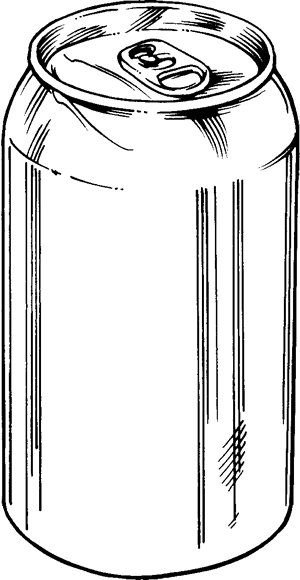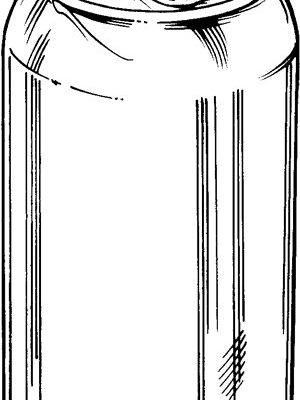
Let’s break it down. Error Code E3 is Rheem’s way of telling you something isn’t quite right. It typically indicates an ignition failure. Imagine trying to start your car, but it just won’t turn over – that’s similar to what your water heater is experiencing. But here’s the deal: while you might be tempted to ignore it and hope it goes away, understanding what’s happening and knowing what steps to take can save you from cold showers and a bigger headache down the line.
Understanding Rheem Water Heater Error Code E3
Now, you might be wondering just what causes this E3 error code. Think of your water heater as a mini factory designed to heat water. A key part of this factory is the ignition system – if it fails, you’ve got a problem. The error code E3 specifically points to a hiccup in starting the burner. Imagine striking a match that just won’t light, no matter how many times you try.
One common culprit is a gas supply issue. If the water heater isn’t receiving enough gas flow, it can’t ignite properly. Picture a car trying to run on fumes – that’s pretty much what’s happening. Sometimes, this problem can be as simple as a partially closed valve or a kink in the gas line. In other cases, it might be more mechanical, such as a faulty gas valve or even a dirty burner. Both scenarios stop the heater from doing its job.
Another cause of this problem is an electrical issue. Let’s say the ignition system isn’t getting the correct signals or power to start up correctly. Maybe a wire’s loose, or a connector is corroded like a battery terminal that’s seen better days. These electrical gremlins can be tricky, but they’re definitely worth investigating. The bottom line is, the E3 error is a sign that something isn’t clicking the way it should.
Why Ignoring Error Code E3 is Not a Good Idea
While you might think ignoring error codes is just a part of appliance ownership, doing so with an E3 error can actually lead to bigger headaches. When the ignition system isn’t working properly, aside from not having hot water, there’s a risk of safety issues too. Gas appliances need to be handled with care – unattended issues could potentially lead to gas leaks or incomplete combustion.
Imagine leaving a pot on the stove unattended. It’s not just about the mess if it boils over, but the fire hazard it poses. Similarly, ignoring a gas heater’s error could not only mean more discomfort but also greater risk. Moreover, unresolved problems with the ignition can place unnecessary strain on your water heater, leading to more wear and tear, and eventually higher repair costs or even full replacement.
Instead of letting things slide, tackle these issues head-on. It’s not just about preventing an uncomfortable cold shower but ensuring the safety and longevity of your appliance. It’s always cheaper and easier to fix small problems before they morph into major repairs.
Steps to Address Error Code E3
So, what should you do if you encounter this pesky code? First and foremost, ensure that the gas supply to your water heater is adequate. Think of it like making sure your car has enough gas before a road trip. Check that all valves are open and there are no visible obstructions in the line.
Next, consider checking the ignition system itself. If you’re comfortable, you can inspect the wiring and connections. Look for anything loose or corroded, much like checking the connections on a car battery. If this feels a bit daunting, though, don’t worry – it’s often best to call in a professional to give it a thorough check. They can handle it safely and ensure everything’s in working order.
Finally, regular maintenance can prevent these issues from arising in the first place. Cleaning the burners and ensuring all parts are in good condition can keep your water heater running smoothly. Just like brushing your teeth to prevent cavities, a little upkeep goes a long way.
Preventing Future Problems with Your Water Heater
Prevention is always better than cure, right? To avoid seeing error code E3 again, regular maintenance is key. Think of it like taking your car in for regular oil changes to keep it running smoothly. Scheduling an annual inspection with a qualified technician can help catch potential issues before they become major problems.
Regularly check the external components of your water heater, such as the gas pipe connections and valves. Ensuring these are in good shape can prevent many common problems. Also, be attentive to any unusual sounds or behaviors in your water heater, as they can be early warning signs of something needing attention.
Finally, stay proactive. Create a maintenance routine and keep it consistent. Your water heater might not be the flashiest appliance in your home, but by giving it a little TLC, you’ll ensure it provides hot water whenever you need it without the drama.
By taking these steps, you’ll not only avoid the hassle of dealing with error codes but also extend the life of your water heater. Remember, staying informed and taking action is always better than hoping a problem will resolve itself.
